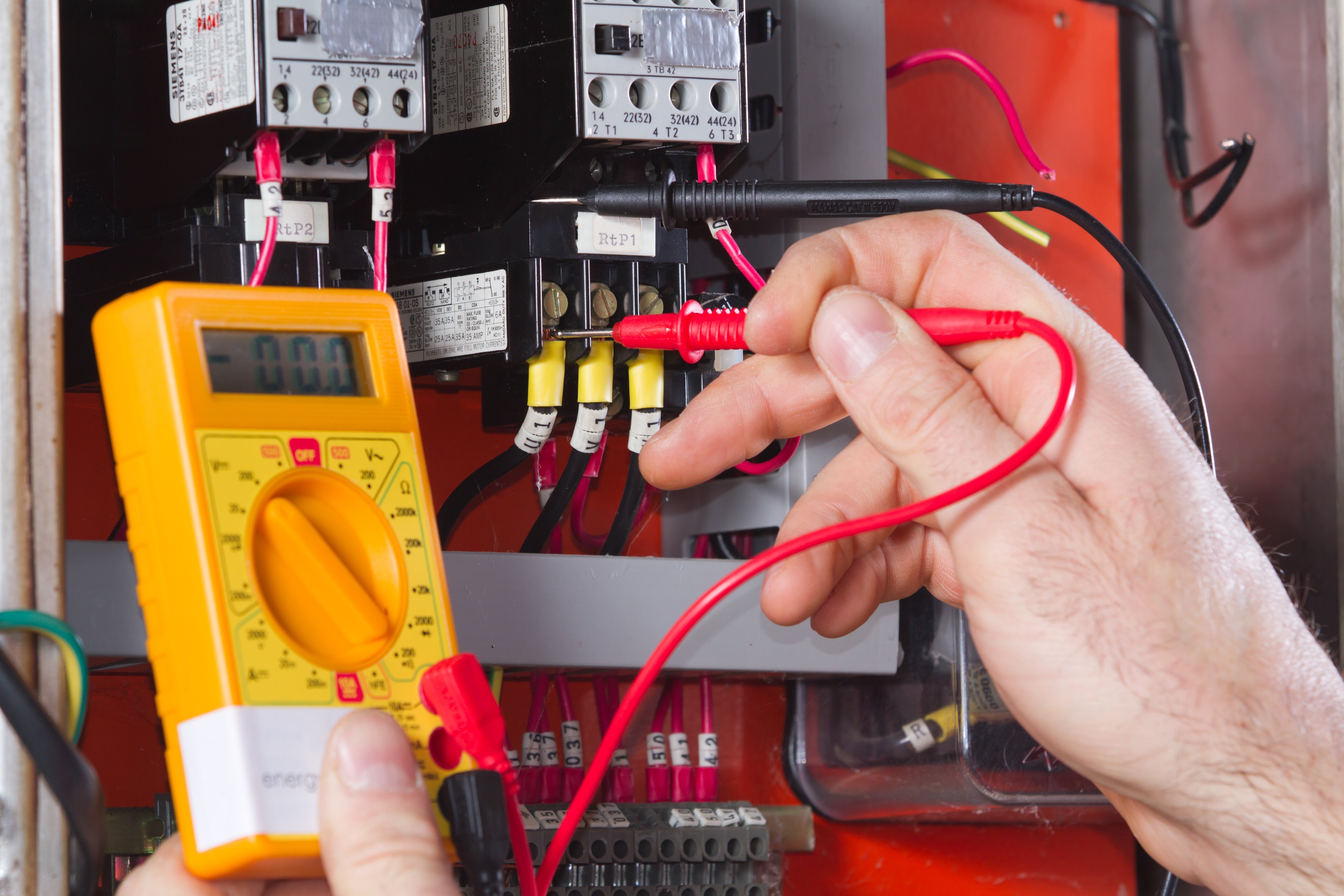Advanced BRE Automation Australia: Changing Your Automation Requirements
Advanced BRE Automation Australia: Changing Your Automation Requirements
Blog Article
Debunking Electric Installation: Understanding Codes and Regulations for a Legal and Safe Setup
In the realm of electric installment, adherence to codes and laws is extremely important to make certain both validity and safety and security. The intricacies bordering electrical work can be difficult, however familiarizing oneself with the established standards is vital to browsing this area with confidence. By understanding the intricacies of the National Electric Code and neighborhood building ordinance, individuals can guarantee that their installations fulfill needed precaution and remain in conformity with the law. The journey to debunking electrical installment goes beyond mere knowledge with policies; it necessitates an extensive understanding of just how to carry out safe electric methods properly.
Importance of Electric Codes
The adherence to electrical codes is critical in guaranteeing the safety and security and reliability of electrical installments. Electric codes act as a collection of criteria and guidelines that dictate the correct layout, installation, and maintenance of electric systems. These codes are developed to minimize the danger of electric threats, fires, and other security worries that might arise from defective electric job.

Furthermore, electric codes are on a regular basis updated to incorporate brand-new technologies, ideal methods, and precaution. Remaining updated with these codes is essential for experts in the electrical sector to make sure that their work fulfills the most recent safety requirements. Ultimately, the relevance of electrical codes hinges on creating a safe and secure and effective electric infrastructure that profits both individuals and communities.
Trick Regulations for Security
Several essential laws regulate the safety and security standards in electric installments. One essential law is the National Electrical Code (NEC), which supplies standards for safe electrical layout, installation, and assessment to shield people and building from electrical risks. The NEC covers facets such as wiring methods, grounding, overcurrent security, and tools installation to guarantee a risk-free electric system.
An additional essential guideline is the Occupational Safety And Security and Wellness Administration (OSHA) standards, which focus on the security of employees associated with electric installations (BRE Electrical Solutions). OSHA laws consist of requirements for proper training, safety procedures, and personal protective devices to stop office crashes and injuries
In Addition, the International Electrotechnical Payment (IEC) criteria aim to harmonize electrical installment laws on a worldwide scale. These standards address issues like electric devices security, electromagnetic compatibility, and power performance to advertise uniformity and safety in electric installments worldwide.
Compliance with these essential regulations is crucial to make certain the security and legality of electric installments, protecting both people and residential property from the dangers connected with power.
Comprehending National Electric Code
Key laws such as the National Electrical Code (NEC) provide crucial guidelines for secure electrical layout, setup, and inspection to make sure the protection of people and residential or commercial property from electric risks. The NEC, additionally called check this NFPA 70, is a thorough set of criteria for electrical setups that are upgraded every three years. It is created by the National Fire Security Organization (NFPA) and is widely embraced across the United States.
The NEC covers various facets of electrical work, consisting of wiring techniques, grounding, overcurrent defense, and equipment setup. It intends to protect individuals and residential or commercial property by resolving potential dangers linked with electrical systems. Compliance with the NEC is normally enforced by local authorities having jurisdiction (AHJs), such as constructing code authorities and inspectors.
Understanding the NEC is vital for electric professionals, designers, and examiners to make sure that installments meet the required security demands. By sticking to the NEC standards, specialists can aid prevent electrical accidents and guarantee the dependability of electric systems in household, business, and commercial setups.

Conformity With Regional Building Regulations
Understanding and sticking to regional building codes is important for ensuring the safety and security and compliance of electric installments within a certain jurisdiction (BRE Services). Neighborhood building ordinance differ from one town to another, and they are established to guard the wellness of owners and buildings. These codes detail particular needs for electrical installments, such as the type of circuitry to be utilized, placement of electrical outlets, grounding techniques, and load capabilities. By following neighborhood building regulations, electrical experts can guarantee that installments are done correctly and fulfill the necessary safety and security standards.
When it pertains to electric installments, see this page failing to comply with local building regulations can lead to significant consequences. Non-compliant installations may image source position security dangers, raise the threat of electrical fires, and result in costly fines or legal problems. Furthermore, insurer might reject to cover problems arising from installments that do not meet local building ordinance needs. It is important for electricians and contractors to stay educated around and purely adhere to the regional building codes applicable to their projects.
Ensuring Safe Electrical Practices
Exercising strict adherence to established safety methods is important in the area of electrical installments to alleviate prospective dangers and make certain the wellness of people and residential properties. Safety and security in electric job includes different elements, starting with the correct training of personnel entailed in setup, upkeep, and repair work. It is necessary to follow supplier instructions carefully when managing electric parts and equipment. Before commencing any job, it is important to perform a thorough danger assessment to recognize possible hazards and carry out preventive procedures. Utilizing personal protective tools (PPE) such as shielded handwear covers, security glasses, and non-conductive shoes is non-negotiable to guard against electrical shocks and arc flashes. Routine equipment inspections, screening, and maintenance timetables are crucial to spot and correct mistakes prior to they escalate right into safety dangers. Adherence to correct lockout-tagout procedures throughout upkeep tasks is critical to avoid accidental energization of circuits. By prioritizing safe methods, electric installments can work effectively while decreasing the possibility of crashes or damage.
Final Thought
To conclude, adherence to electric codes and regulations is critical for making sure the security and legitimacy of electric installations. Understanding the National Electric Code and compliance with regional structure codes are crucial for a secure setup. By adhering to these guidelines and exercising safe electrical techniques, individuals can prevent potential dangers and make certain the proper performance of their electrical systems.
Report this page